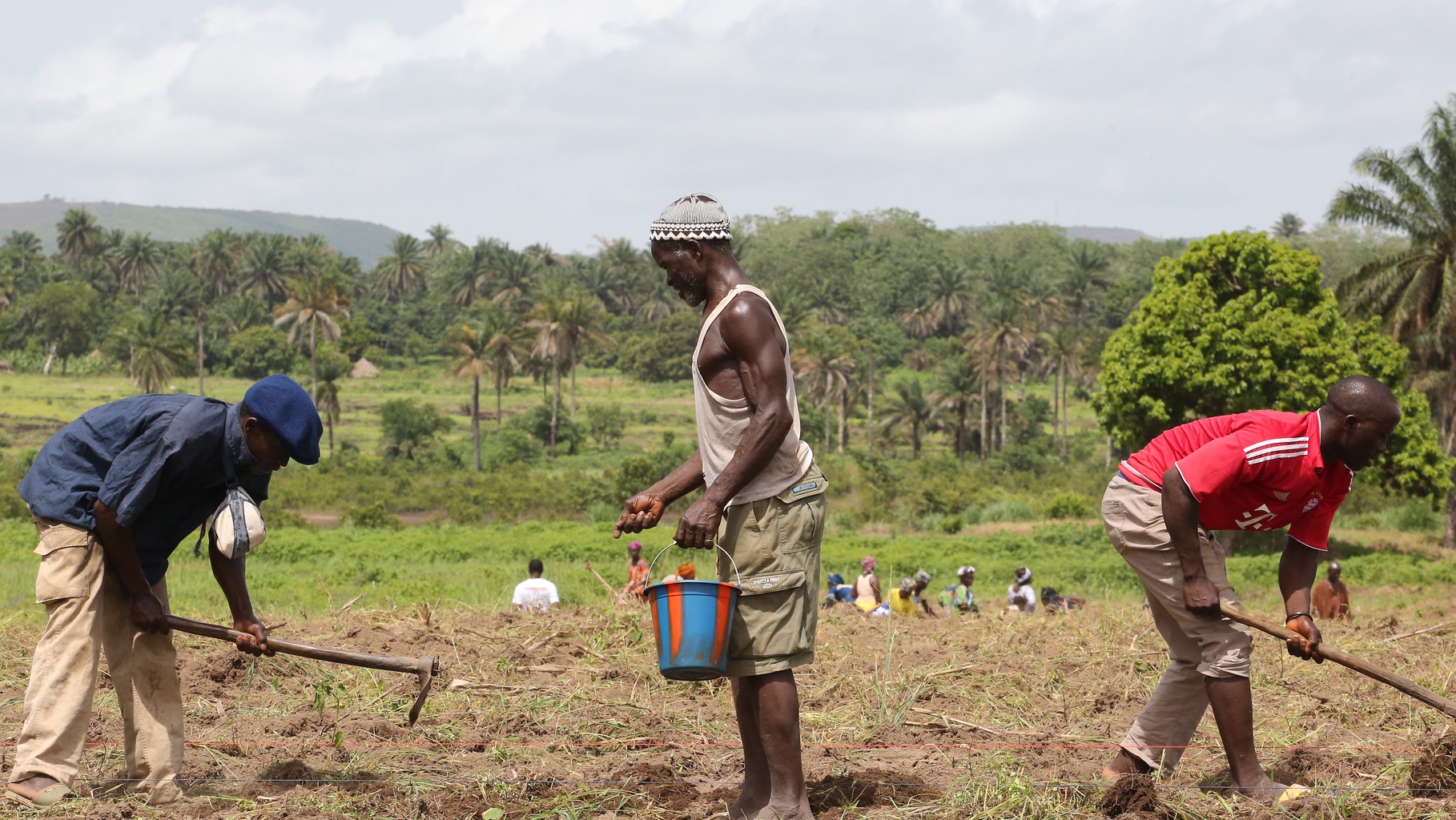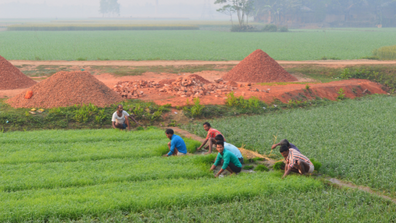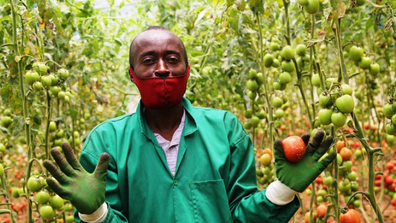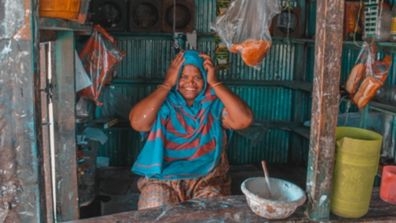Mali is still recovering from economic disruption, population displacements, and the destruction of infrastructure caused by years of conflict. The GAFSP pilot Missing Middle Initiative project – implemented with the World Food Programme in Mali and SOCODEVI, a Canadian organization that supports cooperatives – is helping farmers improve rice paddy quality and niébé processing – the highly nutritious cowpea crop and an important component of the Malian diet.
The goal is to boost nutrition and farmer capacity while also improving job creation and increasing revenue by increasing grain value through equipment that reduces grain breakages. While Mali is among Africa’s top four rice-producing countries, on average, 100 tons of paddy yields about 30 tons of broken grains and 30 tons of whole grains, compared to 10 tons of broken grains and 60 tons of whole grains in most developed rice economies.
In this Insight Series, Adama Doumbia from the World Food Programme, who is responsible for monitoring the implementation of the Missing Middle Initiative project in Mali, gives insight into his experiences working with GAFSP. Building up producer organizations and their capacity to remain independent has been key, he says.
Building independence
“We support producer organizations to become autonomous. And when we encourage autonomy, we build capacity and resilience. Other financing mechanisms often touch on one challenge, but GAFSP supports producer organizations to confront challenges holistically, strengthening three components: community capacity, access to credit, and access to equipment. We support smallholders to organize into a federation or a cooperative, with good governance and transparency at the core.”
Boosting skills and financial stability
“The strength in this [GAFSP’s] model is that producer organizations implement the project and assess their own needs for equipment. They will ask for what they need, process their procurement, and then receive funds and become responsible for paying for their equipment. The funds that these organizations receive ensures they will have access to credit in the future: all the actions we put in place are for medium and long-term success, to build autonomy and resilience, even when a project has closed.”

Increasing production and revenue despite setbacks
“The impact is visible: producers have their own equipment and the quality of padi rice has been improved; they have access to financial credit, enabling smallholders to increase their production and their revenue. Despite the impact of COVID-19 in Mali making it difficult to implement, all planned activities have been carried out in compliance with barrier measures. Beyond capacity and economic benefits, women have tripled their production, and youth have more access to employment and equipment.




